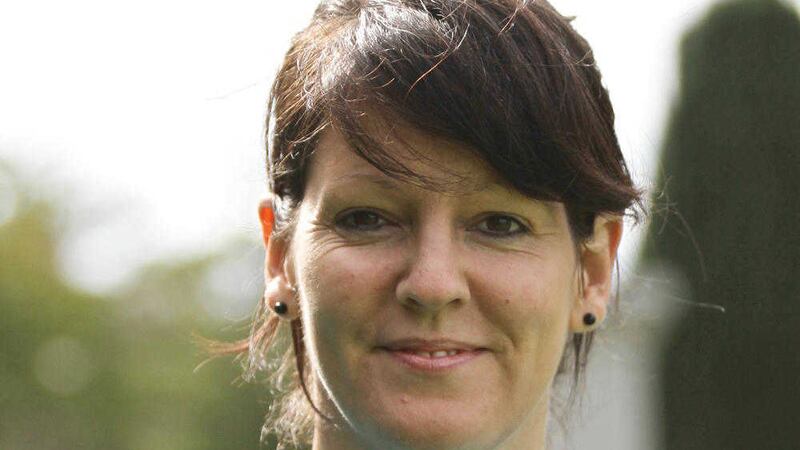The road into Damascus was quiet but we hit traffic congestion inside the historic walls. I had not expected to find life to be `normal' here, but people were going about their daily business despite military checkpoints being everywhere.
The central part of Damascus has for the most part escaped the worst of the violence. The suburbs, where more than 400,000 people are believed to be living under siege conditions, have experienced much more sustained violence.
We visited local Trócaire partners there and met people supported by donations from Ireland, north and south. We heard stories of trapped civilians, of women being harassed as they try to go about their daily lives and men being afraid to move about for fear of being arrested and conscripted into military service, or worse.
The Zraa family lives with five other families in a two room shelter in Midan. They are originally from Yarmouk which they left four years ago when the conflict made it impossible for them to stay. The town has since been decimated.
Despite living through the world's worst humanitarian crisis, these people, and thousands like them, are determined to provide for their families and survive as best they can. Media attention has been mainly focused on Syrian refugees entering Europe in recent months, but most uprooted Syrians, seven million of them, are living in temporary shelters within Syria.
Friday August 19 was World Humanitarian Day. It was an opportunity for us to show solidarity with those caught up in crisis, to acknowledge our contribution to humanitarian action and identify how Ireland and the UK can play a greater role as champions of human rights on a global scale.
Next month, the UN General Assembly will host a high-level meeting in New York on refugees and migrants, in the hope of uniting countries behind a more humane and coordinated approach.
Sixty million people are displaced globally - the leading human rights challenge of our generation. Refugees have a right to seek asylum. The Irish and British governments have a responsibility to ensure the rights of refugees are protected, asylum application procedures are legal and transparent, and also that the public is adequately informed on vetting procedures to alleviate security concerns.
Deterring migration - closing borders, deportation or indefinite detention - is not a humane answer, in fact it is not an answer at all.
:: Find out more about Tr?caire’s work at www.trocaire.org.








